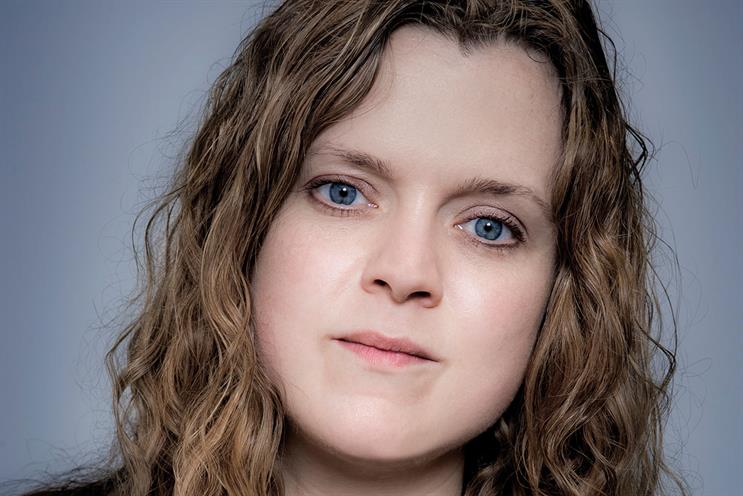…If a company starts a petition in its interest, does that mean the beliefs of the people who sign it are somehow less valid than they would be if one of them had begun it in the first place?
Last month, after Transport for London rejected Uber’s application for a new licence to operate in London, members of the public were much quicker and louder to support the tech platform than speak out in favour of TfL. Uber’s petition to "save" what it magnanimously called "your Uber" garnered hundreds of thousands of signatures. In contrast, petitions calling on Uber to take the safety of its customers more seriously managed only hundreds of supporters.
It seems that we now live in a world where getting home for the cost of an Itsu lunch is more important to a lot of people than their safety. Or than other people’s safety, at least; you can imagine the people supporting Uber believe the worst won’t happen to them.
One of TfL’s main issues is the way Uber handled an allegation of sexual assault. Even if Uber has replaced the random guys hanging around offering lifts after closing time, shouldn’t a company that was valued at more than $60bn in its last round of funding be held to higher standards?
It’s what’s behind the attitude of Uber’s supporters that’s really interesting from a marketing perspective. Traditionally, it is accepted that if you build up trust and affection for your brand through your past performance, your customers will give you the benefit of the doubt if you occasionally fall short. That’s why questions over John Lewis paying the minimum wage haven’t resulted in chairman Charlie Mayfield being dragged in front of MPs à la Mike Ashley. But it’s hardly like Uber has done anything to deserve the benefit of the doubt on this charge. In fact, it actually has a history of fumbling sexual allegations against its staff.
Uber’s strength is in a totally unrelated arena: its product and service. As Helen Edwards said on 北京赛车pk10live.co.uk in response to whether we overestimate the power of brands in a service economy, we "underestimate the power of the product or service when it comes to a strong brand". Uber might only just have started to advertise on TV but people already know what they like about it. Like Google before it, people are willing to accept Uber’s shortcomings because it delivers a reliable service at a price they are willing to pay.
Uber’s opposition to the ruling on behalf of its drivers’ livelihoods is pretty disingenuous. As DigitasLBi’s Chris Clarke indicated in a 北京赛车pk10live.co.uk article, Uber can be expected to dispense of its drivers as soon as it is technically possible. The ultimate effect of so many of the "disruptors" is to automate roles people used to do. That’s often been the result of innovation but the difference between the tech giants and the companies they’re replacing is the scale.
The tech giants employ a fraction of the people and pay a corresponding portion of the employment taxes of their conglomerate predecessors – and that’s before we get to the issue of corporate taxes. We’re always told the younger generation is more discerning when it comes to selecting companies but I’d imagine the under-30s over-index among the people calling on TfL to save their Uber. There has got to be an opportunity for brands that can offer service, product and responsibility. And now is the time for such companies to find their voice.
As you’ll read in this magazine, technology is affecting the way we work in many positive ways. But we need to make sure that efficient services don’t blind us to the reality of the future they’re driving us into.
Maisie McCabe is the deputy editor of 北京赛车pk10.


